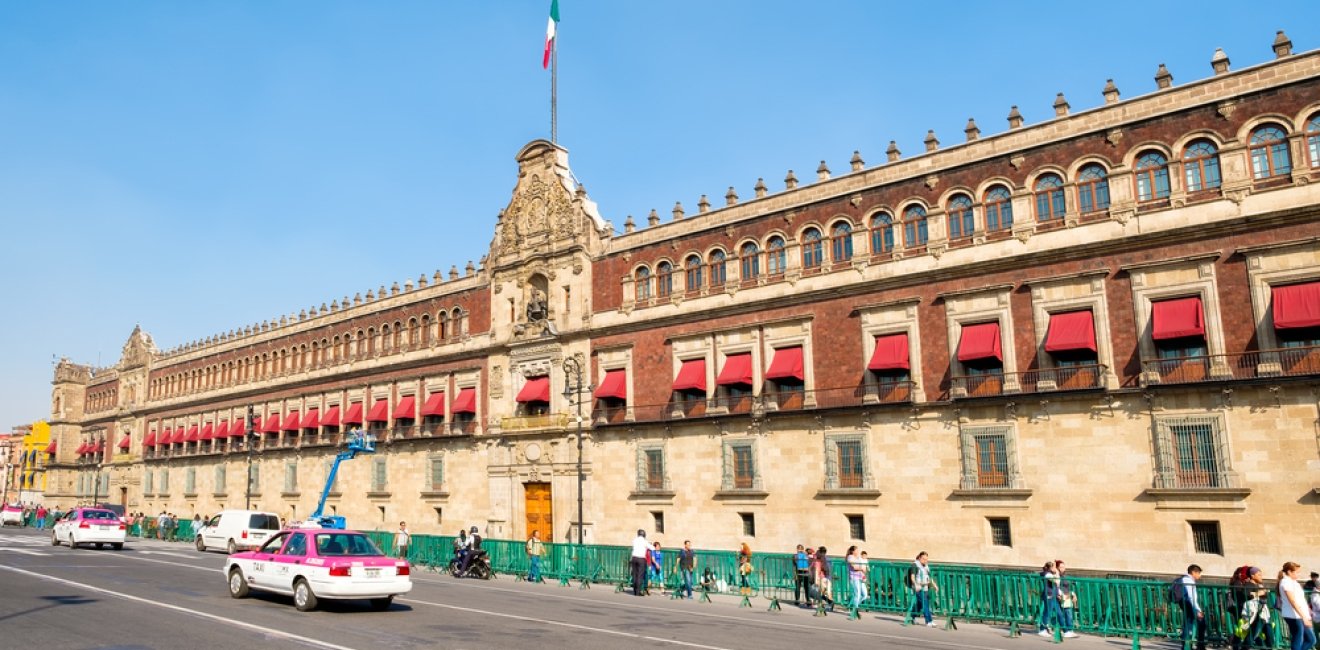The next President of Mexico will inherit a country mired in a profound crisis of security, corruption, and values. From 1982 to 2018, Mexican administrations were led by neoliberal technocrats, and since 2018 a nationalist populist has held power. Throughout these four decades, the nation has not achieved its potential; countless Mexicans remain impoverished, and even millions more lack access to the public services to which they are entitled according to the Constitution. Criminal activity has intensified, and corruption persists unabated.
In 2022, according to the National Council for the Evaluation of Social Development Policy (Coneval), 36.3% of the population (46.8 million people) lived in poverty, which represents a decrease of 5.6 percentage points, or 5.1 million people compared to 2018. However, 9.1 million people, an increase of 400,000 since 2018, lived in extreme poverty.
Despite the reduction in poverty, 84.7 million individuals (65.7% of the population) were deprived of access to at least one public service. 64.7 million were without social security, 50.4 million lacked access to health services, 23.4 million did not eat nutritious and quality food, 25.1 million did not have the compulsory education level appropriate for their age, and 22.9 million were without basic services in their homes.
According to the Organization for Economic Cooperation and Development (OECD), nearly half of the children from Mexico's poorest families will not be able to improve their standard of living and remain condemned to poverty. Many are unable to obtain well-paid employment and are likely to end up in the informal economy, often under the sway of organized crime.
In terms of security, the government is ill-equipped with the necessary human, material, and financial resources to tackle crime effectively in the short term. The country suffers from a shortage of adequately trained and compensated federal and local police officers. The capacity of prosecutors' offices, at both federal and state levels, is inadequate, with a significant portion of their personnel being corrupt and unprofessional. This lack of professionalism and integrity is equally applicable to most of the nation's courts, which fail to administer justice swiftly and effectively.
According to the National Institute of Statistics and Geography (INEGI), 61.4% of Mexicans do not feel safe in the cities where they live, only 10.9% of crimes were reported in 2022, and a mere 1.2% of these resulted in punishment, indicating that 98.8% of criminal acts went unpunished. Crime rates remain at terrifying levels, and most crimes are not reported to the authorities because victims already know that the prosecutors are unable or unwilling to deliver justice.
Corruption is rampant in Mexican society, as evidenced by a recent INEGI study revealing that six out of ten companies engaged in corrupt practices to expedite procedures, with 40% offering bribes to avoid penalties. Transparency International's 2022 Corruption Index assigned Mexico a score of 31 out of 100, ranking it 126th out of 180 countries, which suggests a grave level of corruption that pervades all levels of public service.
The country’s crisis of values is reflected in the widespread violence, crime, and corruption. Addressing these multifaceted challenges will be a daunting task for the successor of Andrés Manuel López Obrador, whether it be Claudia Sheinbaum or Xóchitl Gálvez. These issues are deeply rooted in Mexico's history and will require sustained efforts to reduce corruption and impunity, improve bureaucratic efficiency, and enhance the quality of education, among other reforms. Such an endeavor will undoubtedly take decades, if not longer, to achieve significant progress.
Author


Mexico Institute
The Mexico Institute seeks to improve understanding, communication, and cooperation between Mexico and the United States by promoting original research, encouraging public discussion, and proposing policy options for enhancing the bilateral relationship. A binational Advisory Board, chaired by Luis Téllez and Earl Anthony Wayne, oversees the work of the Mexico Institute. Read more

Explore More
Browse Insights & Analysis
Greenland’s New Governing Coalition Signals Consensus

The Future of France's Far-Right Party

Ukrainian Issue in Polish Elections



